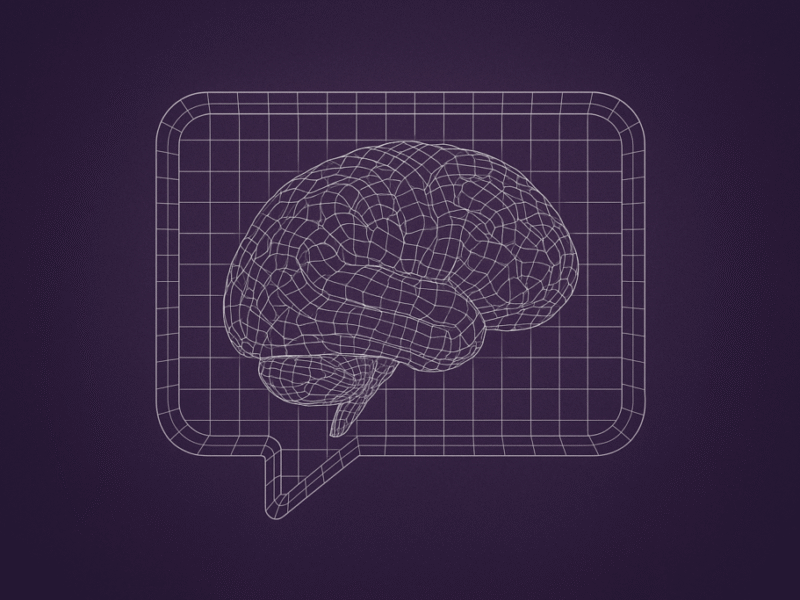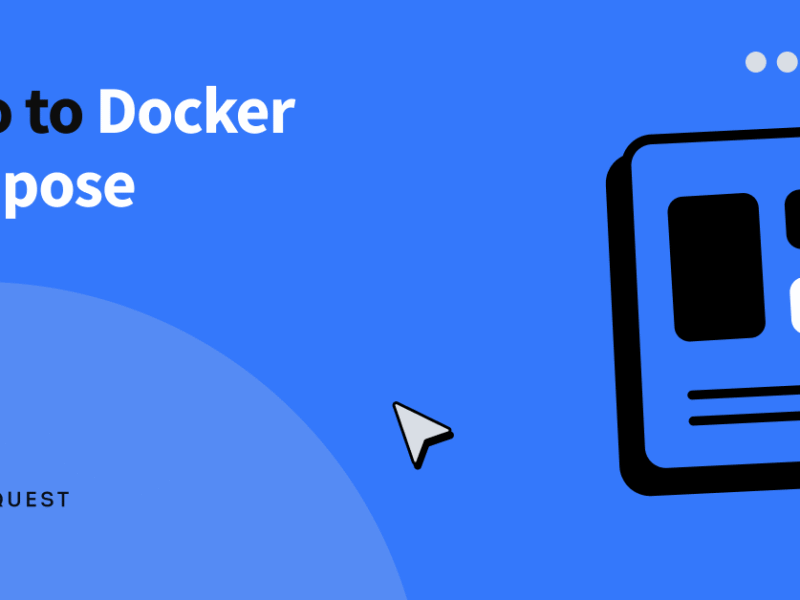Calvin French-Owen, an engineer previously engaged with a new OpenAI product, resigned three weeks ago, subsequently detailing his year-long tenure in a blog post that offers insight into the company’s operational culture and the development of its Codex coding agent.
French-Owen clarified his departure was not due to internal conflict but rather a desire to return to startup founding, building on his experience as a co-founder of Segment, a customer data company acquired by Twilio in 2020 for $3.2 billion. His observations about OpenAI’s environment affirmed some expectations while contradicting others. He noted the company’s rapid expansion, growing from 1,000 to 3,000 employees during his year there. This growth trajectory aligns with OpenAI’s position as a quickly expanding consumer product company, competing with other fast-growing entities in the AI sector. ChatGPT, for instance, reported over 500 million active users in March, with user numbers continuing to climb.
The rapid scaling introduced significant operational challenges within OpenAI, according to French-Owen. He stated, “Everything breaks when you scale that quickly: how to communicate as a company, the reporting structures, how to ship product, how to manage and organize people, the hiring processes, etc.” This rapid expansion also resulted in a chaotic environment where multiple teams duplicated efforts. French-Owen cited examples such as observing “half a dozen libraries for things like queue management or agent loops.”
He also noted a disparity in coding proficiency among staff, ranging from seasoned Google engineers capable of handling systems for a billion users to newly credentialed PhDs. This, combined with the flexibility of the Python language, contributed to the central code repository, referred to as “the back-end monolith,” becoming “a bit of a dumping ground.” This situation frequently caused system failures or extended processing times, though French-Owen indicated that top engineering managers were aware of these issues and actively working on improvements.
Despite its significant size, OpenAI retains an operational ethos akin to a smaller startup, according to French-Owen, evidenced by its widespread reliance on Slack for internal communications. He likened its operational spirit to Meta’s “move-fast-and-break-things” approach during its early Facebook years, noting a substantial number of Meta hires within OpenAI. French-Owen specifically recounted the development of Codex, stating his senior team, comprising approximately eight engineers, four researchers, two designers, two go-to-market staff, and a product manager, built and launched the product in only seven weeks with minimal rest. The launch itself generated immediate user adoption. He remarked, “I’ve never seen a product get so much immediate uptick just from appearing in a left-hand sidebar, but that’s the power of ChatGPT.”
OpenAI operates within a culture of secrecy due to intense public scrutiny, an effort to control information dissemination. The company monitors public platforms like X, with viral posts potentially eliciting a response from OpenAI. French-Owen quoted a friend’s observation: “this company runs on twitter vibes.” He addressed what he considers the primary misconception about OpenAI: a perceived lack of commitment to safety. While some external critics, including former OpenAI employees, have raised concerns about its safety protocols, French-Owen stated that internal focus is predominantly on practical safety issues.
These include “hate speech, abuse, manipulating political biases, crafting bio-weapons, self-harm, prompt injection.” He clarified that while societal risks are discussed, the immediate operational concern is with direct, actionable threats. OpenAI is not ignoring long-term implications; researchers are indeed studying them. The company acknowledges that hundreds of millions of individuals currently utilize its large language models for various applications, including medical advice and therapy. Governments and competitors are observing OpenAI’s actions, and OpenAI is reciprocally monitoring its competitors. French-Owen concluded that “The stakes feel really high.”

